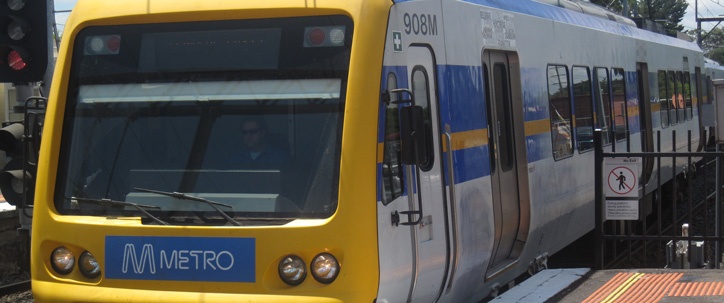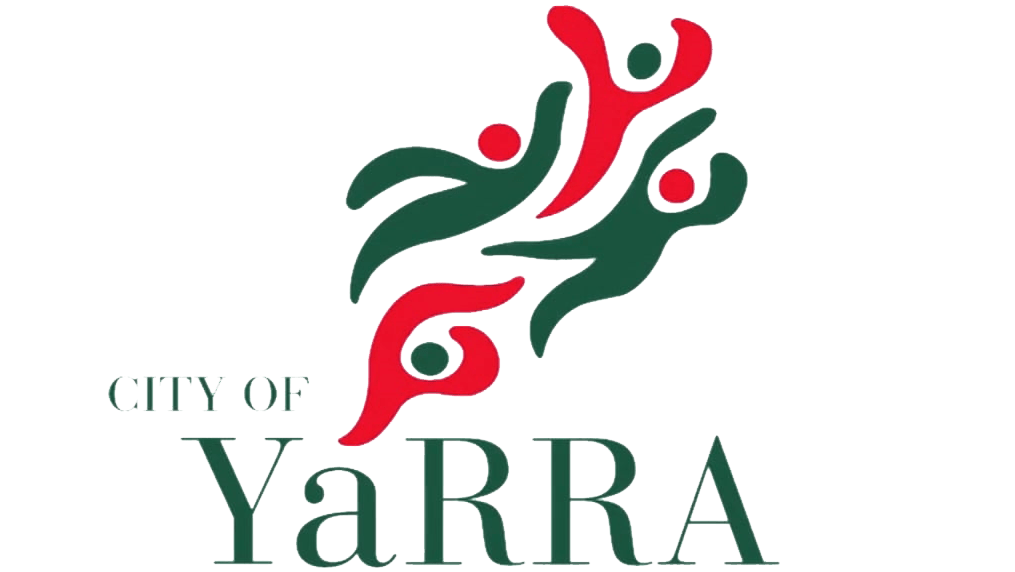Project Description

Phillip Boyle & Associates undertook a four-month study for Metro Trains Melbourne (Metro) to consider the impacts of decentralising driver operations. Currently many drivers are based at the Flinders Street depot in Melbourne’s CBD. This impacts on the reliability of operations. The study analysed the cost impacts of moving some drivers to depots at the ends of lines or to outstations at key locations (e.g. Frankston, Werribee and Epping).
Highlights
By undertaking detailed operational planning tasks using Metro’s inhouse HASTUS system, we were able to identify the best options for depot allocations and locations. We proposed a series of detailed solutions (over 100 in total), demonstrating that, in many cases, it would be possible to rationalise depots without impacting on operating cost and saving on depot costs.
Scope of Works
Key Tasks
Phillip Boyle & Associates’ tasks included:
- Evaluating a wide range of options for crew depot locations
- Conducting ‘optioneering’ tasks to generate solutions for locating drivers at outer depots and to evaluate cost impacts
- Providing advice about how the existing labour rules could impact on Metro’s ability to implement the decentralisation
- Providing detailed information about overall costing and operational impacts.
Key Challenges
The challenges in this study were both mode-specific and client-specific. Train scheduling is significantly different to bus scheduling, with a range of constraints, rules and approaches.
Metro’s Enterprise Bargaining Agreement includes rules that would make decentralisation difficult, so we had to identify which of those rules would need to be changed. In addition, Metro are restructuring into different operating groups, so our approach could not result in an ‘all-in’ option (i.e. all options had to be tailored for the individual groups).















